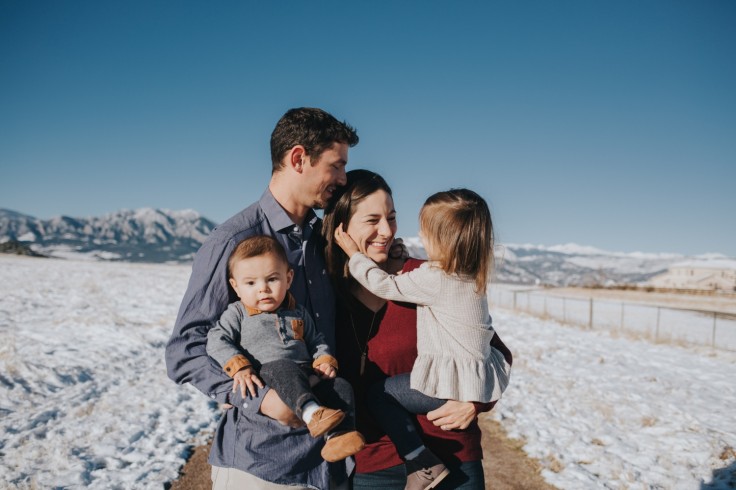
Favoring one child over another is a serious thing, but before you panic, breathe deep, and let's discuss the ignored issue here - favoritism doesn't really mean you love one kid more than the rest. Though, it does imply that you're giving one child more extra attention than their siblings. As natural as that may sound, it shouldn't be. And it can also have consequences for all your kids throughout their lives - concerning their bonds with each other and most especially, with you.
Perception Is Everything
Dr. Karl Pillemer, Ph.D., the Director of the Cornell Institute for Translational Research on Aging, accounts for the fact that "It doesn't matter whether you're the chosen child or not." He clarified that the perception of an unbalanced approach has damaging consequences for all siblings.
Pillemer also said that the less favored children might hold grudge or envy toward their parents or the favored child. And vise versa, the favored kid may also have hatred from the other, plus, the added pressure from parents' higher expectations.
The Unfavored Child
The unfavored child probably risks of suffering the most, even way past after he or she has gone home, either through depression, low self-esteem, or a constant need to feel special.
In most instances, sibling ties are strained as hate from bias breeds.
Dr. Libby tells a story that "I see patients who, even well into their 50s, carry feelings about being the favored or unfavored child." He says, "I have a patient in his 60s whose mom is still alive - he still feels slighted when his elderly mom needs something and turns to his sister." He further states, "He still wants to be seen as special to his mother."
Some Positive Outcomes
The long-term results of being the favored child are not all adverse. Ellen Weber Libby, Ph.D., affirms that there are, as a matter of fact, lots of benefits - including boosted self-esteem.
The author of The Favorite Child: How a Favorite Impacts Every Family Member for Life, Dr. Libby, asserts that "The favorite child often grows up feeling confident and powerful with an attitude of 'I can get things done.'"
Negative Impacts
In the long run, favorite kids may have conflicts with deep connections when they figure that no one can possibly love them the same as the parent who favored them.
Dr. Libby states, "They're more likely to be depressed because they spent so much of their lives trying to court parental favor that they may not have developed their own personality."
He also mentioned that the favored kid, who didn't have to please their parents to get what they wanted, would do and be whatever they wanted to be, unlike the unfavored child, who often has the tendency to be the 'punching bag' of their parents' anger.
Long Term Effects
The director and research professor at the University of Michigan's Center for Human Growth and Development, Dr. Brenda Volling, analyzes sibling relationships and fully understands the harmful consequences that can result from sibling bonds that went wrong mainly due to parental favoritism.
She states, "When you're young, you have to live in the same household." But then she says that "When kids have grown and left the house, you'll see a lot of instances where siblings avoid each other - to the point where they haven't talked in five years."
She also explained that when the parents have grown old, rivalries between siblings don't inevitably end. Usually, they just stick their ugly mugs again.